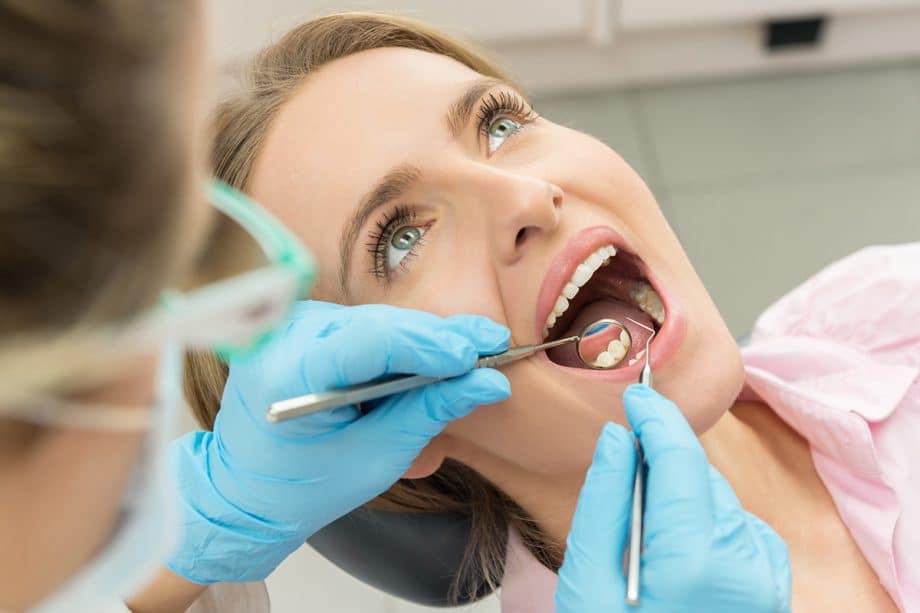While every dentist and hygienist emphasizes the need to floss regularly, many patients ignore this advice. Flossing is a simple, quick process that takes only minutes and provides impressive oral health benefits.
The Importance of Flossing Teeth
Flossing helps prevent gum disease, bad breath, and tooth decay, removing plaque and food debris between your teeth and below your gumline. Flossing keeps your smile brighter and improves bad breath.
The adage that "you only floss the teeth you want to keep" is truthful. Flossing can preserve healthy teeth for a lifetime by preventing gum disease and tooth decay.
The Reasons Why Patients Don't Floss
Patients report several reasons why they don't floss their teeth. Dentists share why you should persist in creating a healthy flossing habit.
Takes Too Long
Patients may skip flossing because they believe it takes a long time. Once you have the proper technique, you can floss your teeth in minutes.
Makes Gums Bleed
Gums may bleed during flossing because you have gingivitis or more advanced gum disease. If you have gingivitis, flossing daily can help reverse this condition.
Uncomfortable
Some patients may have trouble maneuvering traditional floss. These patients benefit from pre-threaded floss picks or water-flossing machines. Other patients may complain that floss shreds between their teeth because their contacts are tight. Flossing tape can be helpful in this situation.
A Step-By-Step Guide to Flossing Teeth
- Wrap approximately 18" of floss around your middle fingers.
- Hold your dental floss between the thumb and index finger. Leave a one- to two-inch length in the middle to slide between your teeth. Guide the floss with your thumbs.
- Gently floss between the teeth with a back-and-forth motion.
- To get down to the gumline, hold your floss in a C shape. Slide the floss down between the teeth and gently below the gumline.
- Move to a clean strip of floss each time you switch teeth.
Frequently Asked Questions About Flossing Teeth
When should I start flossing my child's teeth?
Start flossing your child's teeth when they meet in the back, typically around age four to five. Children need a gentle introduction to flossing, so if you can only do a few teeth at a time at first, gradually increase. Floss your child's teeth for them until they are about seven to nine years old. Children need daily flossing as much as adults.
Do I need to floss every day? I don't have much time.
Daily flossing is associated with better oral health outcomes. When you consider the trouble and expense of fixing problems caused by tooth decay and gum disease, you will consider the time spent flossing as a wise investment.
Call Wilson Park Dental
Practicing proper oral hygiene at home is key to your oral health. If you have any questions about how to care for your teeth and help prevent future problems, we would be happy to help you. Call or text us at 605-343-9352 to schedule an appointment with Dr. Haave today.

